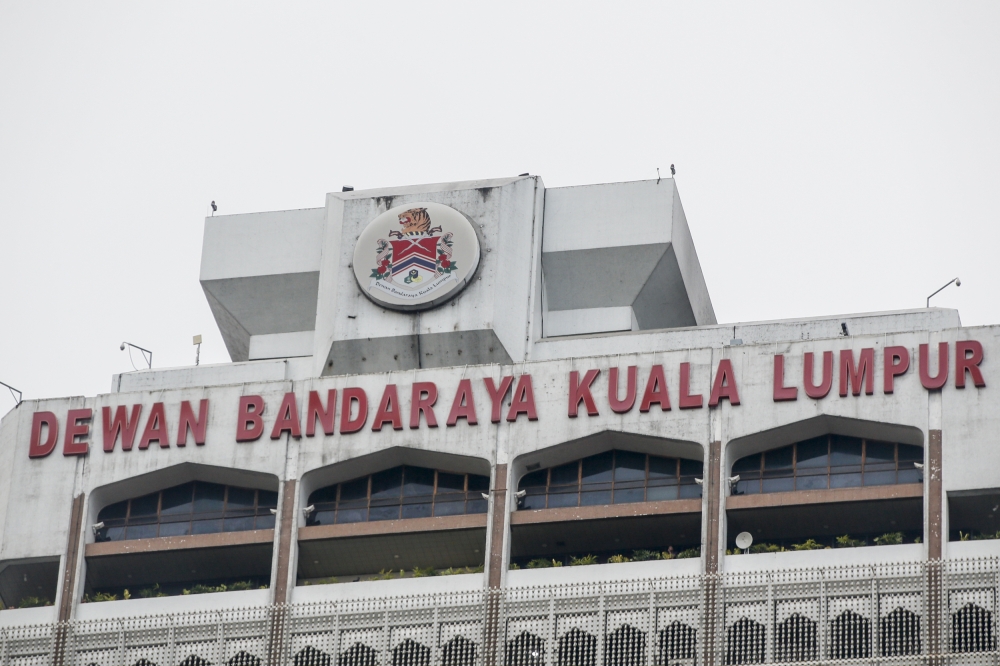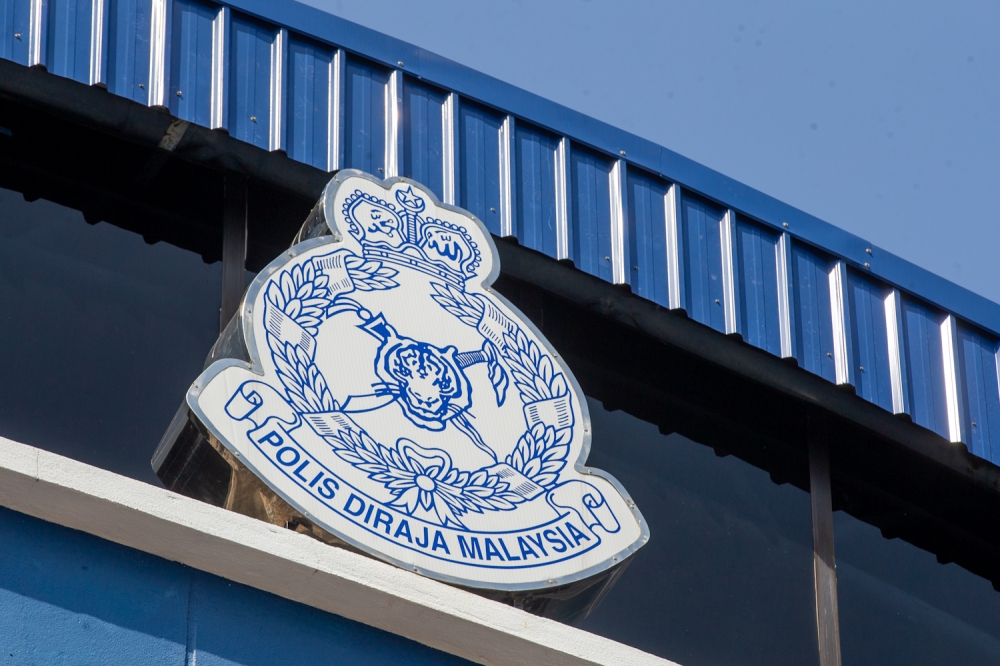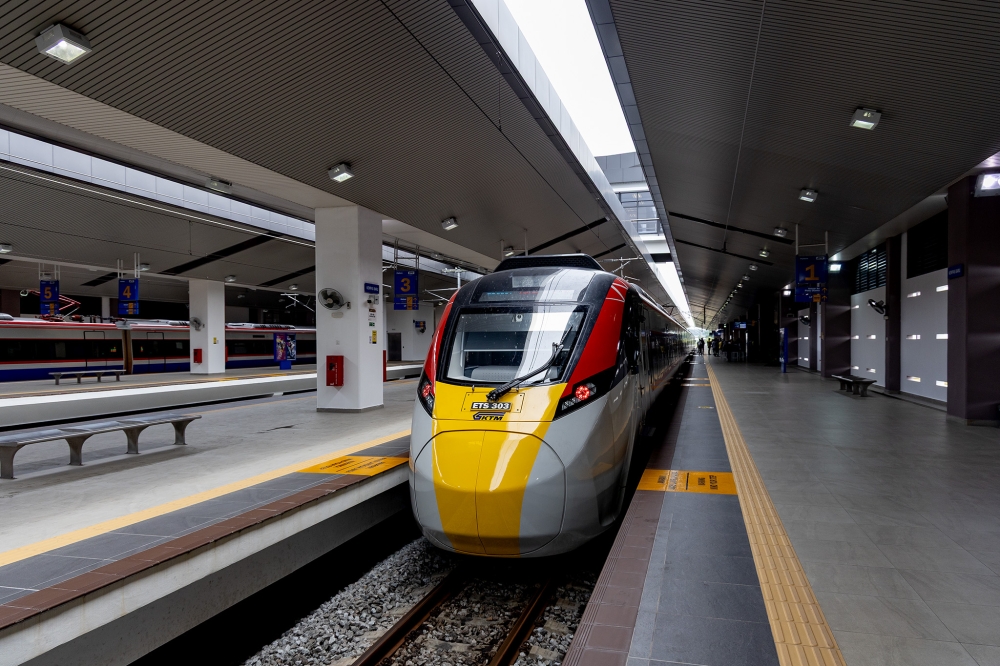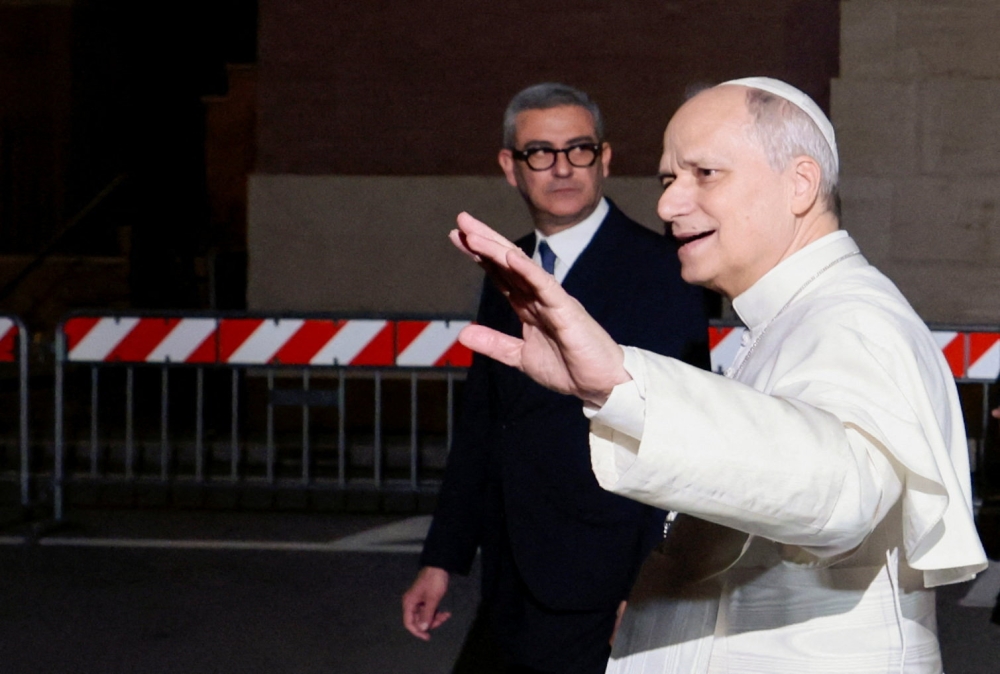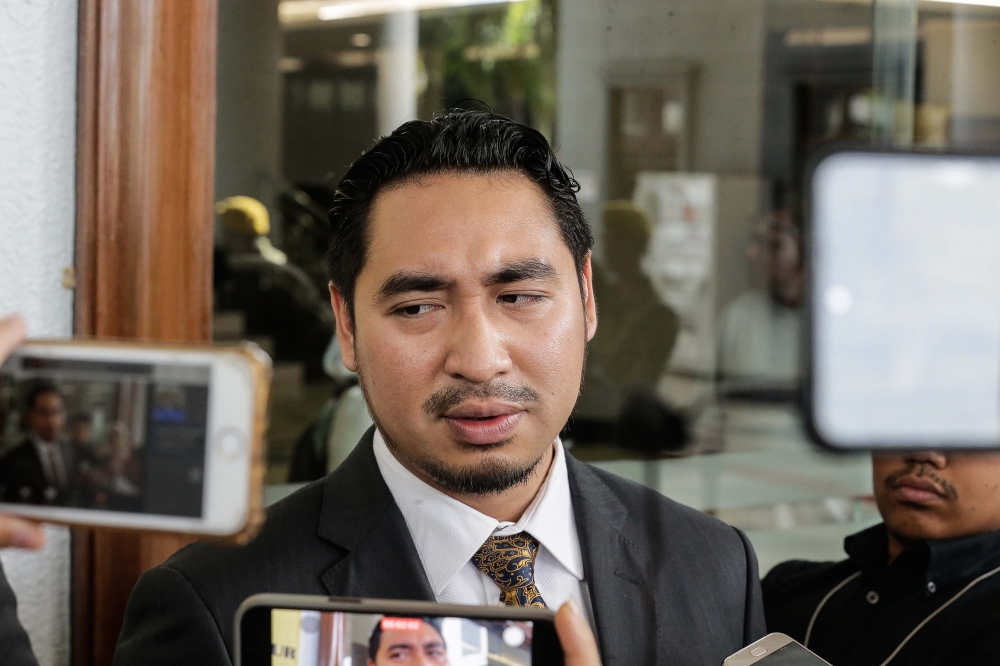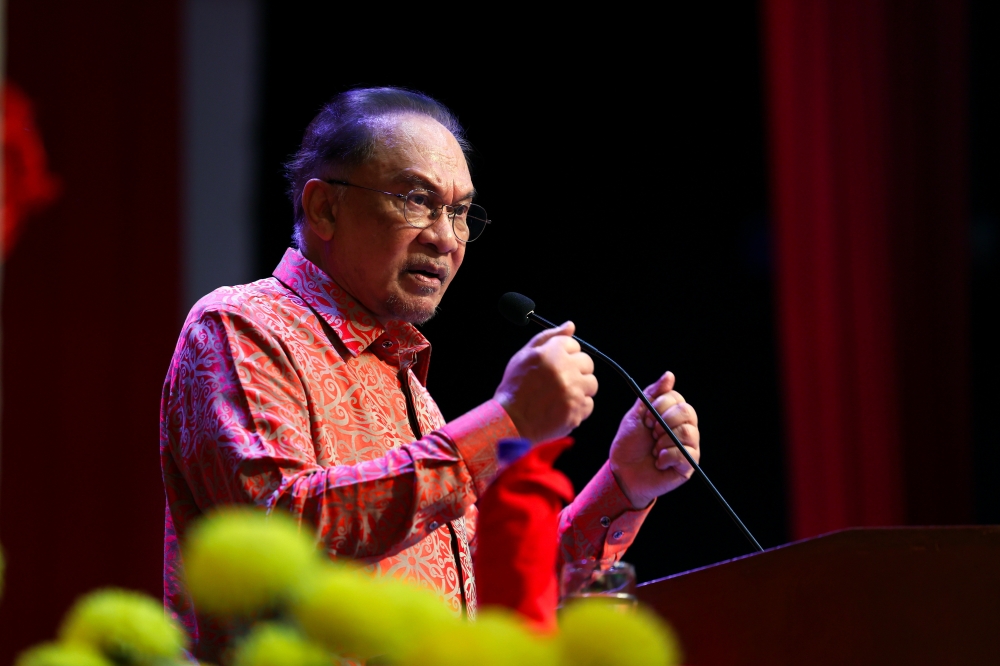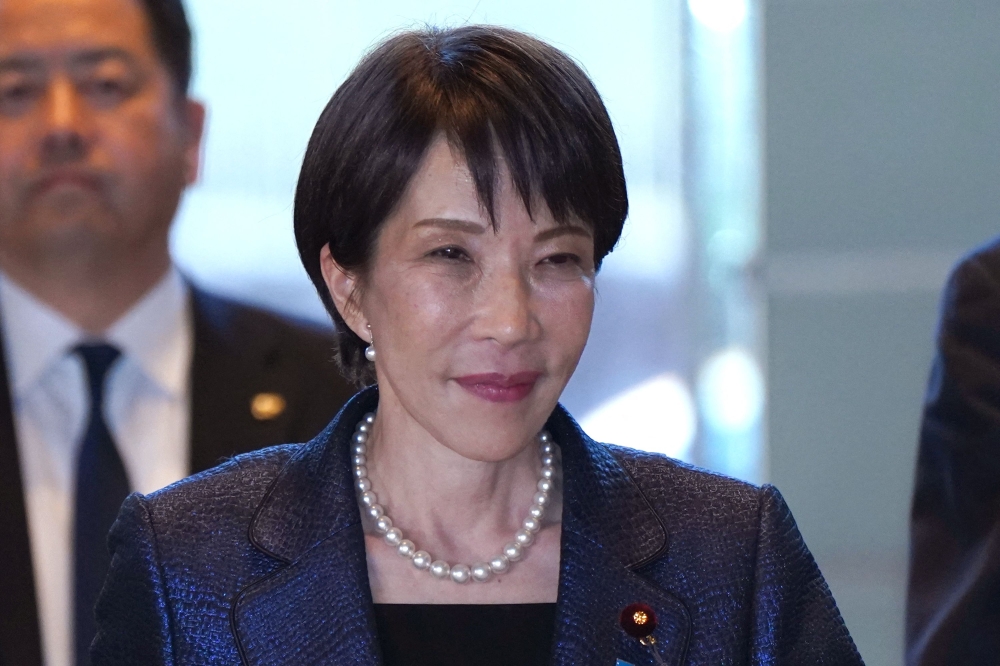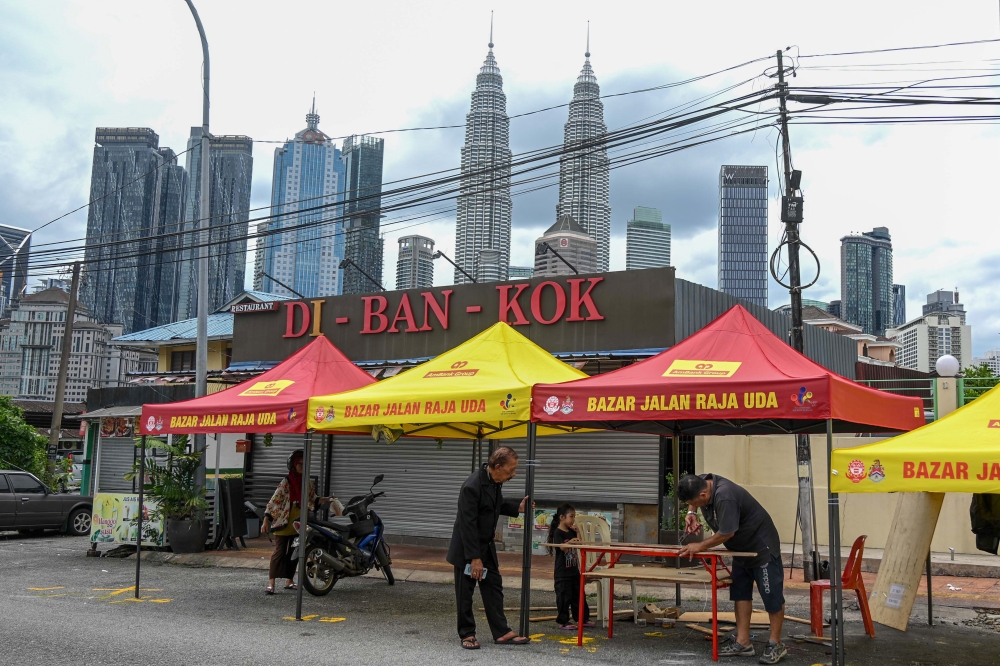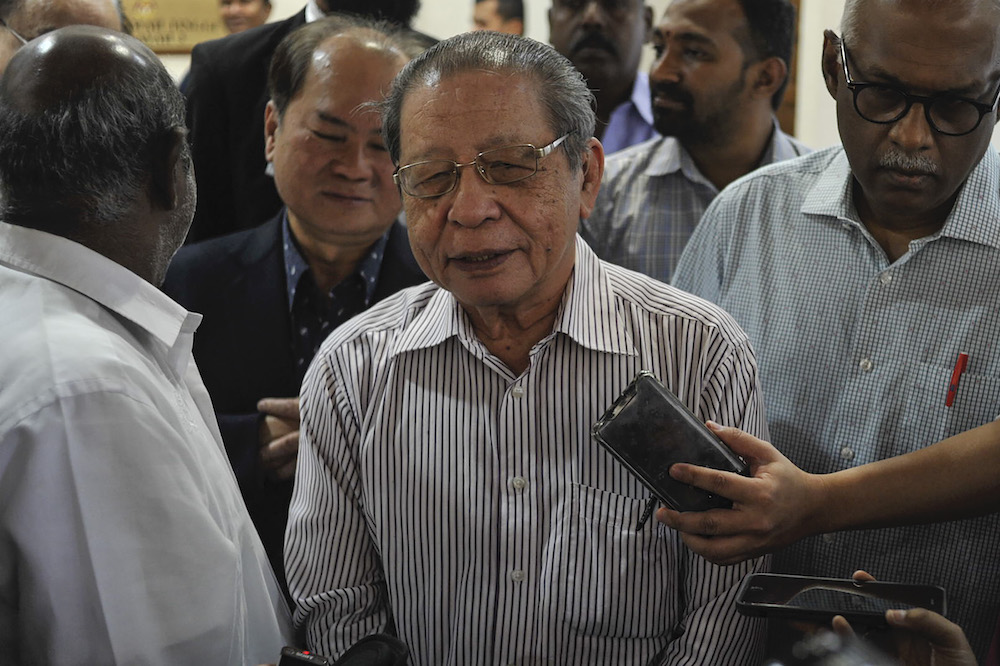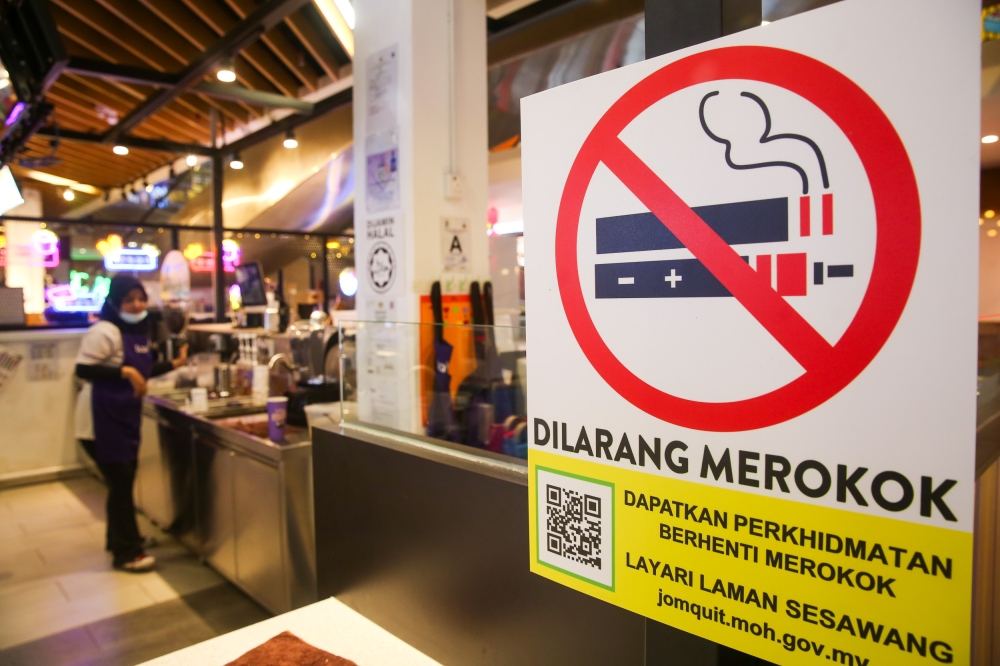KUALA LUMPUR, April 4 — Veteran politician Lim Kit Siang has identified three main prongs of how the government can possibly overcome the Covid-19 pandemic, one of them involving mass testing of the general public.
The Iskandar Puteri MP pointed out first how among the efforts the Malaysian government should be looking to emulate is that of South Korea’s aggressive approach to identify and isolate those positive of the virus.
He noted how South Korea has to date conducted more than 300,000 tests on its people, with a capacity of 15,000 tests being done a day.
“As part of a ‘whatever it takes’ approach to win the invisible war against Covid-19, the government should immediately ramp up Covid-19 testing in Malaysia.
“…To introduce mass testing freely and widely available to all Malaysians so that Covid-19 mass testing becomes a vital post-movement control order (MCO) strategy to revive the Malaysian economic engine,” he wrote in a statement today.
Lim explained that preventive measures, if enforced early, can prove to be very effective, and then referred to Nepal, whose government imposed a full lockdown after only its second confirmed case.
“Eleven days later on April 3, it (Nepal) has six confirmed cases but no death,” he said, while including the escalating numbers of infections and fatalities in developed countries that were too slow to react to the pandemic.
Second, Lim highlighted the importance of winning the information war against the spread of fake news surrounding the pandemic, and how it was imperative for the people to truly understand the health and economic threats caused by Covid-19.
His third recommendation was a suggestion that the administration, emulating the German government, introduce a salary subsidy scheme for companies affected economically.
Among the solutions suggested is a short-term working scheme, known in Germany as the Kuzarbeit, which will see employees work shorter hours but still be maintained as permanent staff with the government subsidising the offset in their salaries.
“Short-term working worked well as a tool to prevent massive layoffs during the last financial crisis in 2008.
“Essentially, workers get as much as two-thirds of their pay even if they don’t work. And the company is not burdened by staff costs in times of severe economic stress.
“Prime Minister Tan Sri Muhyiddin Yassin should give serious consideration to these good practices for the Covid-19 pandemic economics for his long-awaited second economic rescue package, which should prioritise the government’s rescue of the small and medium enterprises (SMEs) omitted in his first rescue package,” he added.





